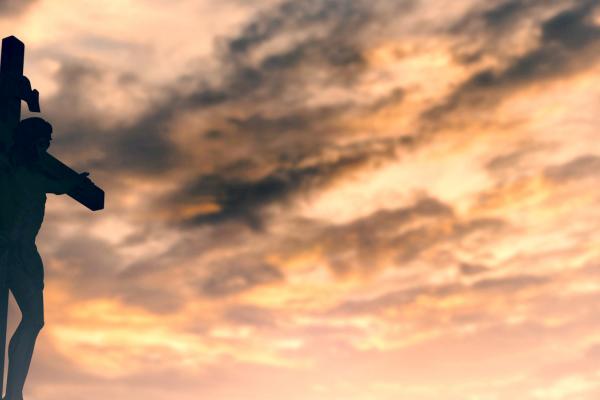Mar 23, 2016
I drove by a church last week, a few days before Palm Sunday, and read their sign: CHRIST HAS RISEN!
Um, no. No he hasn’t. In the Christian calendar he hasn’t even died yet. But this is an all-too-common phenomenon in Christian Churches.
Why?
Read the Full Article

Already a subscriber? Login
